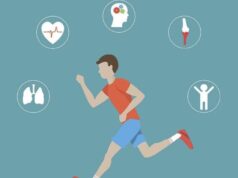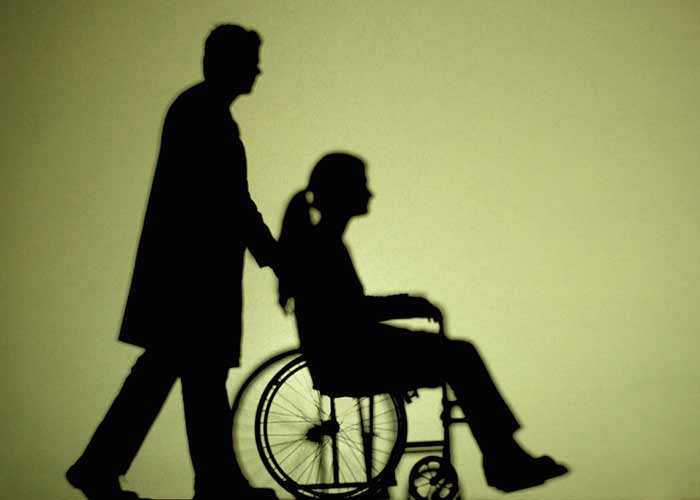
A large number of people and children in the world face some kind of disability. For some it is innate, while for others it is the result of unfortunate circumstances. In any case, the lives of these people are not easy, and what we as a society need to do is make their daily lives easier. We do not mean any privileges here, but what follows every living being – the right to a normal life and to perform daily activities. Children with disabilities especially enjoy the right to education, health care, and rehabilitation for the purpose of social integration and individual development.
It is the duty of each state to sign these international agreements to fulfill its obligations. This means that no country can be uninterested in this problem, or that each of them must take appropriate measures to prevent, mitigate or eliminate the consequences caused by the existence of any damage or disorder. Care for people with disabilities includes, but is not limited to, measures to meet their special needs during upbringing and education, thus most directly supporting their social integration.
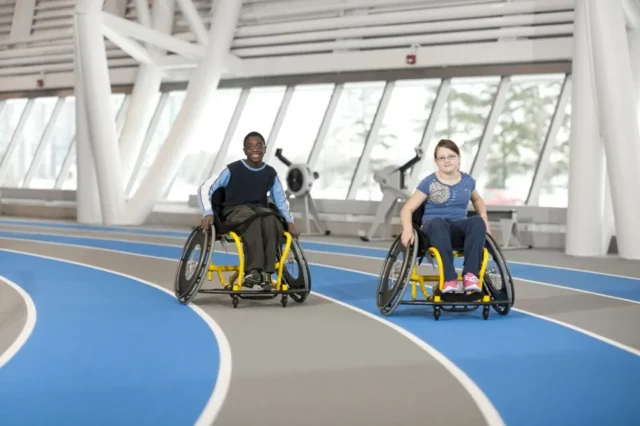
Unfortunately, what people with disabilities often encounter is discrimination. What are special needs? How do we distinguish between people with special needs and those who do not? This is a series of questions we need to ask ourselves when pronouncing the term “person with special needs”. What does this mean for human rights? First of all, it is not enough to say “everyone is free to live as they wish”.
It is not enough for a person to be free from overpowering other people and from encroaching on the authority of his / her freedom. It is not enough for people with disabilities to refrain from society and the state from interfering in their lives; it is necessary to actively help them for a quality personal life and participation in all aspects of social life: in work and employment, culture, political activity, leisure, and others. In other words, effective recognition of the specific needs of persons with disabilities and the provision of resources to meet them is needed.
This brings us to the notion of human rights, the so-called second generation. While the former is based on individual freedom, the latter is based on social solidarity. They are based on the principle that everyone, despite personal, social, and cultural differences, should be provided with basic living conditions and respect for the fact that, due to various social and individual circumstances, not everyone is able to provide all this on their own.
Health care

When it comes to discrimination against persons with disabilities, special attention is paid to the field of health, which is of special importance for this population due to the fact that due to disability they are more often at risk of certain health problems, and therefore potentially more frequent health care users.
Under the applicable laws of any state, any form of discrimination between different categories of persons with disabilities is prohibited in this area. However, the practice is different and a number of people with disabilities are not even insured, which is why they are unable to exercise the rights provided by laws in the field of health care, which calls into question the procurement of medicines and medical supplies necessary for independent living.
Employment
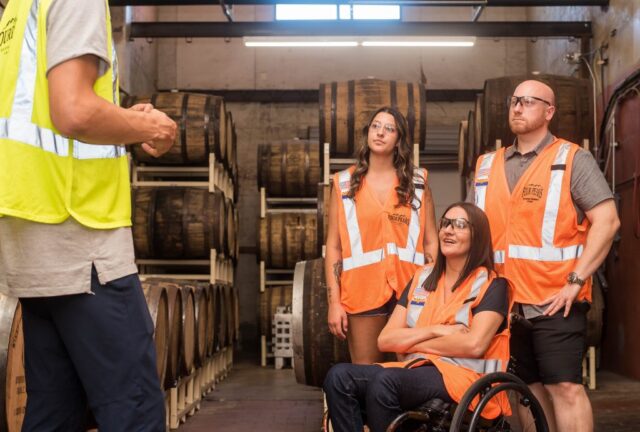
People with disabilities are also a highly discriminated group in society and can rarely find an employer to hire them. Often people who develop a disability in the workplace become the target of mobbing and are subject to discrimination in order for the employer to “get rid” of such a worker even though he has an obligation to find him an adequate job. What is the smartest thing for a person in a situation like this to do is to seek legal help. When it comes to this issue, it is always good to find more information about it.
Inaccessibility to certain institutions
In order to establish the right approach to people with disabilities, it is necessary to use the right terminology, not to show excessive compassion so as not to feel worse, it is necessary to provide every physical and material segment to facilitate the work of people with disabilities. People with disabilities should not be considered incapable of performing any work.
They are far more capable than the average physically or mentally healthy person. Why? Because even though they face an unconscious form of discrimination on a daily basis, they still feel happy and satisfied. What we need to do is make it easier for them to do their daily activities so that they do not feel rejected. Facilitating access to institutions is of great importance.
The right to education
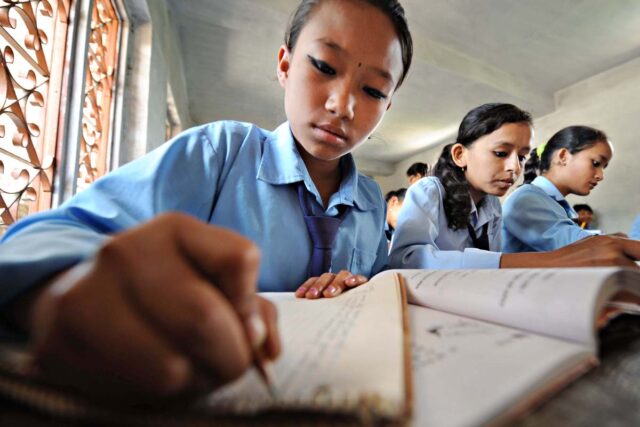
People with special needs are often denied education. Of course, not completely, but very often they encounter obstacles that are difficult to overcome – from the inaccessibility of the premises to the lack of assistants who will help during their stay in the educational institution.
Driving
Learning to drive can be very inconvenient for people with special needs or those who have any developmental difficulties. Very few driving schools have vehicles adapted to this category of people.
Final thoughts
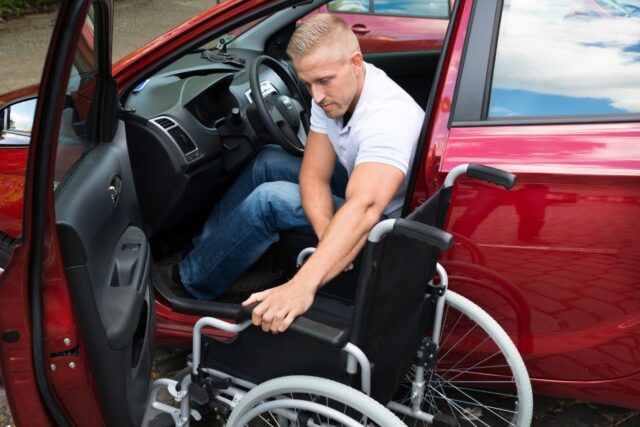
Man is taught to distinguish between good and bad person. And that is all that needs to be guided through everyday interaction with people. And that’s what people with disabilities expect. Let’s look at them as normal people who are able to perform their duties on a daily basis. That we do not discriminate, stigmatize, exclude or consider them incapable in any way. We all have special needs, and the only special need that each of us should have is the need to help all the people of this world have equal rights!
As we can see, the lives of these people are in many ways more difficult than ours, from everyday work to employment. Therefore, we need to pay special attention to this category, and if that is not the case, the lawyer is there to solve all the problems.


